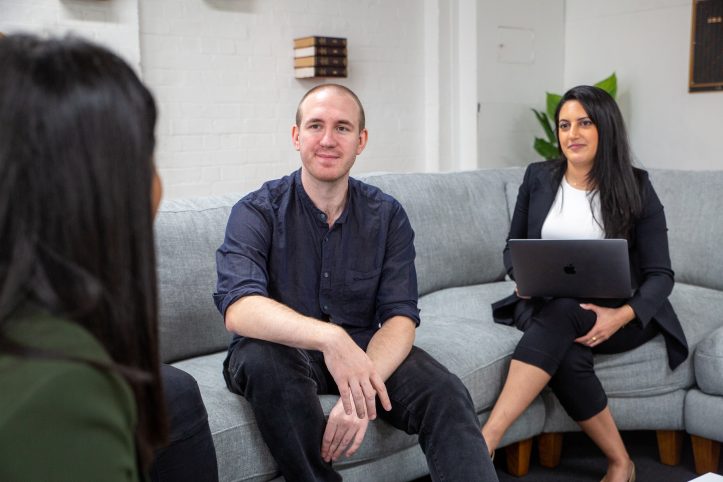| What area(s) of law does this episode consider? | Social enterprises in legal practice. |
| Why is this topic relevant? | In 2018, former Royal Commissioner Kenneth Hayne wrote in the Banking Royal Commission Interim Report that “…pursuit of profit has trumped consideration of how the profit is made”. That statement was about Australia’s banks, but the concern about the relentless pursuit of better returns to shareholders to the detriment of other stakeholders is not unique to the financial services industry. In 2023, social enterprises – businesses at the crossroads of profit and purpose – have emerged as a transformative force in today’s corporate and legal landscape. Founded on the belief that business can be a catalyst for positive societal change, social enterprises are redefining success by prioritising not only financial gains but also social and environmental impact. |
| What cases were considered in this episode? | Dodge v Ford Motor Co, 204 Mich. 459- The court held that Henry Ford of the Ford Motor Company was to operate the company solely in the interests of shareholders – not stakeholders such as the community, customers, or employees. Previously, under cross-examination, Henry Ford had stated “[FMC is] organised to do as much good as we can, everywhere, for everybody concerned. And incidentally to make money”. The court disagreed and held that agents of the corporation “can not arbitrarily withhold profits earned by the company, or apply them to any use which is not authorised by the company’s charter”.
|
| What are the main points? | - There is no particular or specific legal structure in Australia for social enterprises.
- It’s usually the proprietary company structure as other ventures. In a legal context – an Incorporated Legal Practice.
- A social enterprise is defined by its social or community purpose rather than by the type of law it practices.
- Generally in professional services like law, enterprises must carefully consider their purpose and commit to reinvesting a significant portion of their profits into that purpose.
- More broadly, there are three categories of social enterprise according to Karen:
- (1) those that create employment opportunities for disadvantaged individuals;
- (2) those that create products that meet a community need; and
- (3) those that redistribute profits to a social or environmental purpose.
- Karen sees great benefit in third-party certification holding enterprises accountable for their commitment to social or community purposes, including law firms.
- The process of certifying a business as a social enterprise involves deep examination of the business’s purpose and how profits are distributed.
- But it’s not always easy, and there are potential conflicts between the objectives of a social enterprise and legal responsibilities to shareholders.
- This can be resolved by shareholders being on board with the purpose of the enterprise and where they are prepared to accept less of an immediate return in favour of a longer term view.
- Karen believes that her focus on social justice has brought many clients to the firm and has helped them achieve their goals.
- More widely in law, there is a challenge for for-profit firms to align their social responsibility with their core business practices.
- Many firms have internal teams devoted to things like Diversity and Inclusion, or Corporate Responsibility, however, firms are often subject to the push-pull of these goals and teams and the wider operations of the firm.
- Often these teams may not align with the core purpose of the business.
- Comparatively, in social enterprises, the core purpose is well-defined – eliminating the conflict between the commitment to, for example, work health and safety, or diversity, and the core business.
- While diversifying performance metrics and looking at financial redistribution can give a tangible value to the social purpose, Karen warns not to rely on profit as the only measure of success as a social enterprise.
- Instead, firms should consider changes in their industry and the satisfaction of their clients.
|
| What are the practical takeaways? | - For those starting a firm, there is great opportunity to build a social purpose into the structure of the firm.
- At the more established end of the profession, there is an opportunity to reimagine the core purpose of firms to ensure a social purpose is at the forefront of practice.
- Certification as a social enterprise or a B Corp is one way to ensure that firms are responsible to their purpose and goals.
|
| Show notes | Theory of the Firm: Managerial Behaviour, Agency Costs and Ownership Structure, Michael Jensen and William Meckling, 1976. National Pro Bono Target, Australian Pro Bono Centre. |
